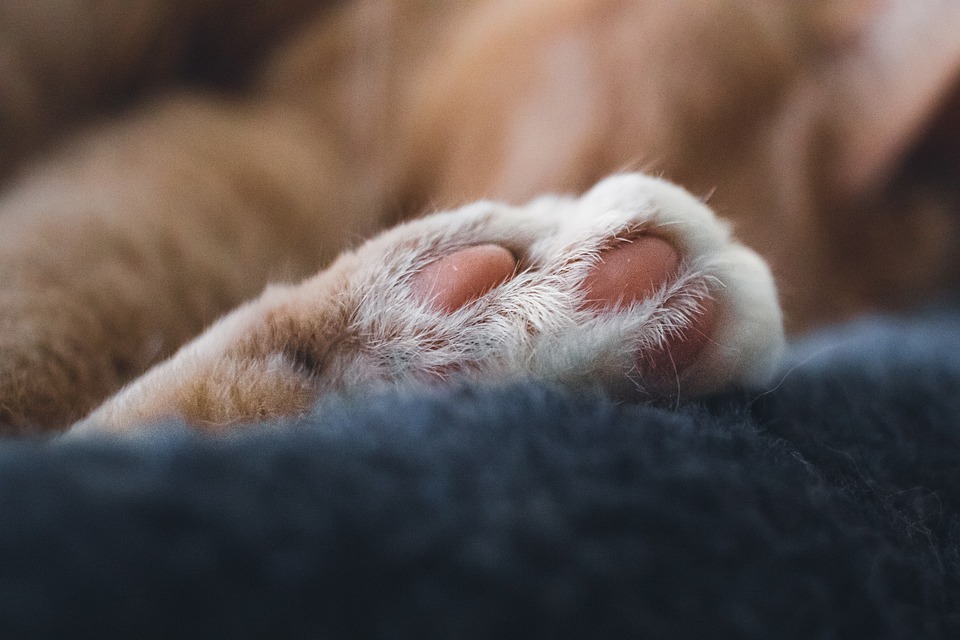## Introduction
As a responsible cat owner, ensuring the health and well-being of your feline friend is of utmost importance. One crucial aspect of cat healthcare that should never be overlooked is vaccinations. Vaccinations play a vital role in protecting cats from various diseases and can significantly contribute to their overall health and longevity. In this article, we will explore the importance of cat vaccinations and provide answers to frequently asked questions regarding this topic.
## Why Are Cat Vaccinations Important?
### Preventing Deadly Diseases
Vaccinations are essential for preventing a range of potentially life-threatening diseases in cats. These diseases can be caused by viruses, bacteria, or other pathogens. By vaccinating your cat, you are providing them with the necessary immunity to fight off these diseases. Some common diseases that can be prevented through vaccinations include:
1. Feline Panleukopenia (Feline Distemper): This highly contagious and often fatal disease affects a cat’s immune system, causing severe gastrointestinal issues and other complications.
2. Feline Herpesvirus-1 (FHV-1): Feline herpes is a respiratory infection that can cause severe symptoms and may lead to long-term health problems.
3. Feline Calicivirus (FCV): FCV is another respiratory infection that can cause ulcers in the mouth, fever, and lameness in cats.
4. Rabies: Rabies is a deadly viral disease that affects both animals and humans. Vaccinating your cat against rabies not only protects them but also helps prevent the spread of this disease to other animals or humans.
### Preventing the Spread of Diseases
Vaccinating your cat not only protects them from diseases but also helps prevent the spread of contagious diseases to other cats. By ensuring your cat is vaccinated, you contribute to community-wide efforts to control and eliminate certain diseases, creating a safer environment for all felines.
### Cost-Effective in the Long Run
Preventive healthcare, such as vaccinations, is often more cost-effective than treating a sick cat. The cost of vaccinations is relatively low compared to the expenses associated with treating diseases that could have been prevented. By investing in regular vaccinations, you can potentially save yourself from significant veterinary bills in the future.
## Frequently Asked Questions (FAQs)
### Q1: When should I start vaccinating my cat?
A1: Kittens should begin their vaccination series at around 6-8 weeks of age. Consult with your veterinarian to establish an appropriate vaccination schedule.
### Q2: How often should my adult cat receive vaccinations?
A2: Adult cats should receive booster vaccinations annually or as recommended by your veterinarian. The frequency of vaccinations may vary depending on factors such as your cat’s lifestyle and the prevalence of certain diseases in your area.
### Q3: Are vaccinations safe for my cat?
A3: Yes, vaccinations are generally safe for cats. Like any medical procedure, there can be rare instances of adverse reactions. However, serious side effects are extremely rare, and the benefits of vaccinations far outweigh the risks.
### Q4: Can indoor cats skip vaccinations?
A4: While indoor cats have a lower risk of exposure to certain diseases, they can still be susceptible. Consult with your veterinarian to determine which vaccinations are necessary based on your cat’s lifestyle and potential exposure to diseases.
### Q5: Can my cat be vaccinated if they are pregnant or nursing?
A5: Vaccinating pregnant or nursing cats can help provide immunity to their offspring through colostrum or milk. However, it’s crucial to consult with your veterinarian to ensure the safety and appropriateness of vaccinations during these stages.
## Conclusion
Cat vaccinations are an essential part of responsible pet ownership. By vaccinating your cat, you not only protect their health and well-being but also contribute to the overall welfare of the feline community. Remember to consult with your veterinarian to establish a personalized vaccination plan for your cat, ensuring they receive the necessary protection against preventable diseases.








